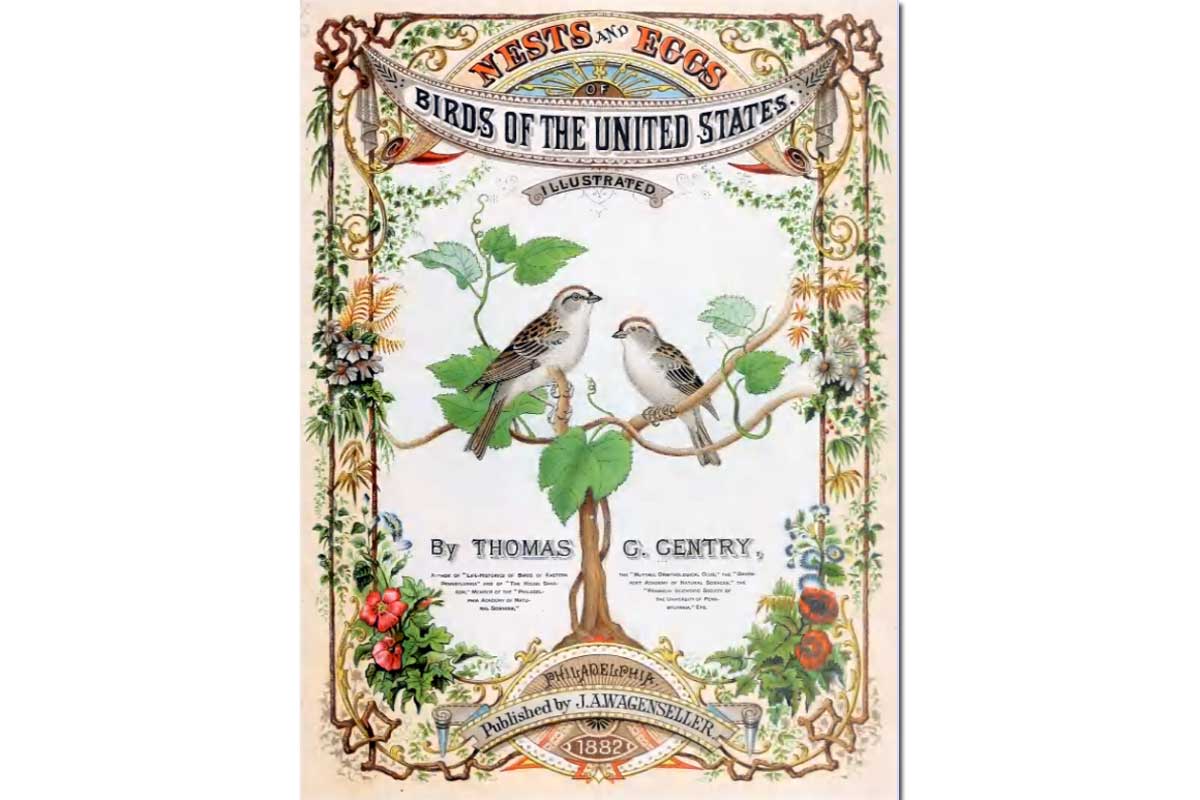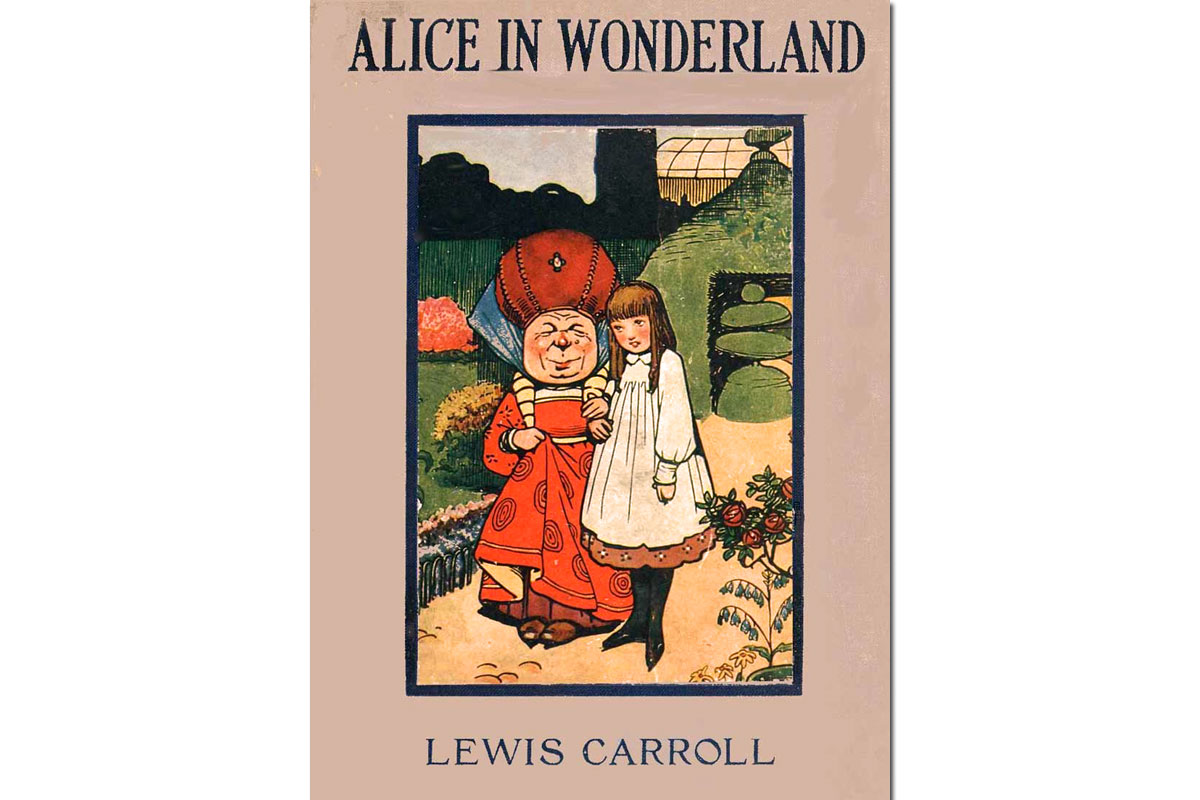
Most parents understand the importance of reading aloud to their children. For home educators, shared read-aloud experiences become a large part of our children’s education. Recent research indicates there is a great benefit in continuing to read aloud to our children long after they can read for themselves. Here are 7 reasons you want to read aloud to your children:
1. Develops the brain.
Well before a child can read he can be read to. The greatest amount of brain growth occurs very early (some say between birth and age five). As you would expect, those children who were read to very early end up being better readers.
We read aloud to our children from birth. As is very common, one child wanted to read the same book every day. For months. This child could recite the entire short book from beginning to end. No, this is not reading. But imagine — those words were understood. And when they were encountered in another story down the road, they were familiar.
By reading aloud early, we are preparing the foundation.
2. Develops the reading lifestyle.
There is no better way to encourage our children to read than by reading to them. By reading aloud to our children we become a “reading role model.”
Children begin by attempting to imitate adults. They would rather do what we do … than what we say.
If we want our children to love reading, they need to see us loving it ourselves. If they enjoy the time we read aloud together, they will continue to read.
3. Builds family life.
In her book Honey for a Child’s Heart, Gladys Hunt says:
I began writing about families reading books together at the suggestion of our teenage son who wanted me to share with others the fun our family had with books. He said that reading books together seemed to him one of the most important things about our family life.
Reading aloud together builds a shared family culture. In our home, we have many shared sayings that are completely lost on visitors. Most come from books. Often, one of us will find it easier to allude to a character or situation in a book when explaining something in the here and now.
Reading aloud as a family has bound us together, as sharing an adventure always does. We know the same people. We have gone through emotional crises together as we felt anger, sadness, fear, gladness and tenderness in the world of the book we were reading…. Much of our secret family idioms have come from the books we have read together…. You need to have shared the book to know what the phrase means, and when we use it, it’s communication of the heart.
Honey for a Child’s Heart, Gladys Hunt
4. Helps us communicate.
Nearly as an outcome of the above, reading aloud together helps us understand one another as we examine our thoughts and differing viewpoints as they relate to the story we share.
These family readings formed so satisfying a bond between older and younger that I can hardly think of family life without it; and I marvel when I hear of families in whose upbringing it has had no place.
The Unexpected Years, Laurence Houseman (as quoted in Honey for a Child’s Heart)
Imagine my surprise to find one of my children sees a situation in a completely different light than I do. We must converse until I understand that his or her mind runs on a different rail than mine — something I will come to appreciate and respect.
5. Provides a storehouse of beauty.
There is a theory that parents should let their children read — whatever they want to read, let them. They’ll grow into better books down the road.
Au contraire.
Begin with the best. Start with meat. Yes, make sure the storyline is age appropriate, but don’t worry about serving up those big words. Reading aloud gives us an opportunity to grow a discerning reader. We can tackle the big words, and serve up beauty. Let our children know there is good and help them see it through a book.
The feel of my mother’s warmth behind me as she read is one of the first things I can remember — the safe anchor of her body and the music of her read-aloud voice the ocean on which my small consciousness sailed into power through stories of music and brave maidens, feasts and castles, family and home. Before I knew how bad the world could be, I knew that it was wondrously good.
But more importantly we can provide a yardstick by which to measure everything they read.
If you raise your children on gumdrops, you shouldn’t be surprised if they loathe lettuce.
6. Creates a storehouse of knowledge.
When I was seven or so I decided to read completely through a Childcraft set. Just one problem. I found that I was stumbling over enough words (and missing helpful context) that I shortly thereafter became bored and gave up.
What would happen if we grabbed the equivalent of a Childcraft set to read aloud to our children each and every day?
Children who have accumulated background knowledge bring the prevalent amount of information to the learning table. This background knowledge is acquired by experiencing museums and zoos, visiting historic sites, traveling abroad, or camping in remote areas. For the impoverished child lacking the travel portfolio of affluence, the best way to gain background knowledge is by reading or being read to.
And for those with the time and inclination to provide travel and learning firsthand, reading aloud becomes another tool in the toolbox.
7. Develops skills.
Of course reading aloud has educational benefits. These come in a variety of forms, everything from grammar to vocabulary, but also understanding complicated topics in science and history.
Among the skills developed when reading aloud:
- Ability to listen.
- Vocabulary.
- Grammar.
- Critical thinking.
- Comprehension.
- Memory.
Additional Resources
Why Read Aloud to Children?
Brochure from Jim Trelease, author of The Read-Aloud Handbook. You may also appreciate his Ten Facts Parents Should Know About Reading brochure.

Why Read Aloud?
Free poster download.
Reading Aloud so Children Love to Listen
Very helpful tips from Simply Charlotte Mason for those just learning how to read aloud to others.
Keep Reading
The DIY Homeschooler Reading List: Intro & Resources
The DIY Homeschooler Reading List: Intro and Resources for creating your own!
10 Free Read Alouds ~ PreK–2
Reading aloud develops skills and creates a storehouse of knowledge — among other things. Our list.
5 Tips for Creating a Reading List
When educating at home, good literature can be the backbone of your course of study. Five tips for creating a reading list.













You must be logged in to post a comment.